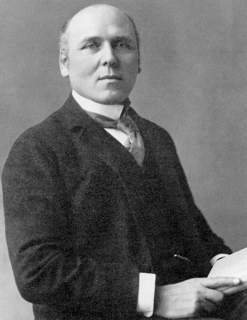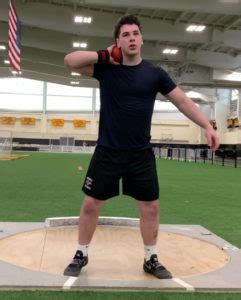A Quote by Anne Rice
Related Quotes
And then it was, that grief and pain made themselves known to me as never before. Note this, because I knew the full absurdity of Fate and Fortune and Nature more truly than a human can bear to know it. And perhaps the description of this, brief as it is, may give consolation to another. The worst takes its time to come, and then to pass. The truth is, you cannot prepare anyone for this, nor convey an understanding of it through language. It must be known. And this I would wish on no one in the world.
I have a lot of internalised tantrums. I secretly hope the worst and then I start planning my little speech for the beginning of it. Showers are the worst - all the time in the shower I'm planning the next time I'm going to lose it at someone, and then I never actually do. You're almost let down when people are nice.
I suppose that anyone who does any kind of creative work some time in their life - especially as you grow into middle age! - you come to a time where you really question more and more frequently, whether you have anything else to offer. And at its worst, you feel utterly bereft of whatever creative force it takes to do that work.
Consider the word “time.” We use so many phrases with it. Pass time. Waste time. Kill time. Lose time. In good time. About time. Take your time. Save time. A long time. Right on time. Out of time. Mind the time. Be on time. Spare time. Keep time. Stall for time. There are as many expressions with “time” as there are minutes in a day. But once, there was no word for it at all. Because no one was counting. Then Dor began. And everything changed.
I've come to view screenwriting assignments as playwriting grants, because they provide a considerable financial cushion. However, they can also be extremely time-consuming. Film projects tend to drag on and on, which takes me away from the theatre, and then they don't get made. At the same time, the screenplays that have come my way have been quite challenging, for the most part, and even enjoyable.
If I get my teammates going early, then my shots usually open up. Come off pick and roll and make the pocket pass on the first one. Then it's like OK, does the defender step up now? Then next time I may have the layup. So, just playing the game like that. Reading and reacting and not thinking too much.





































